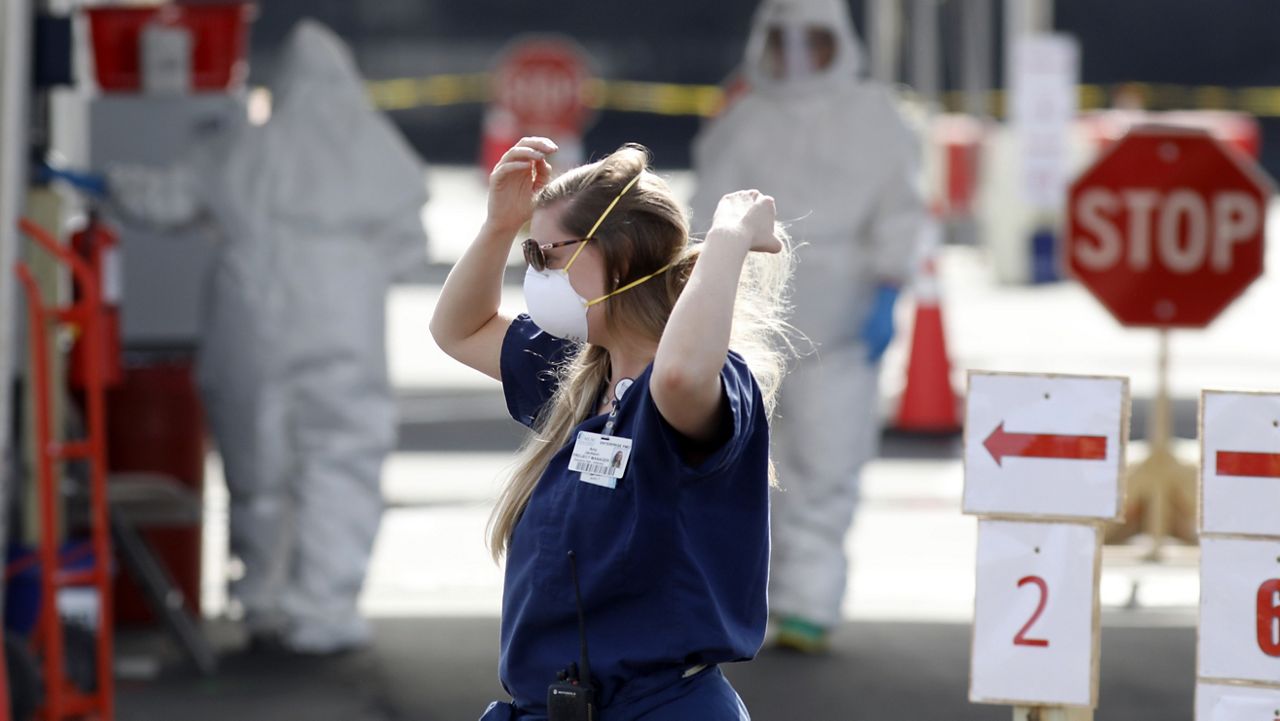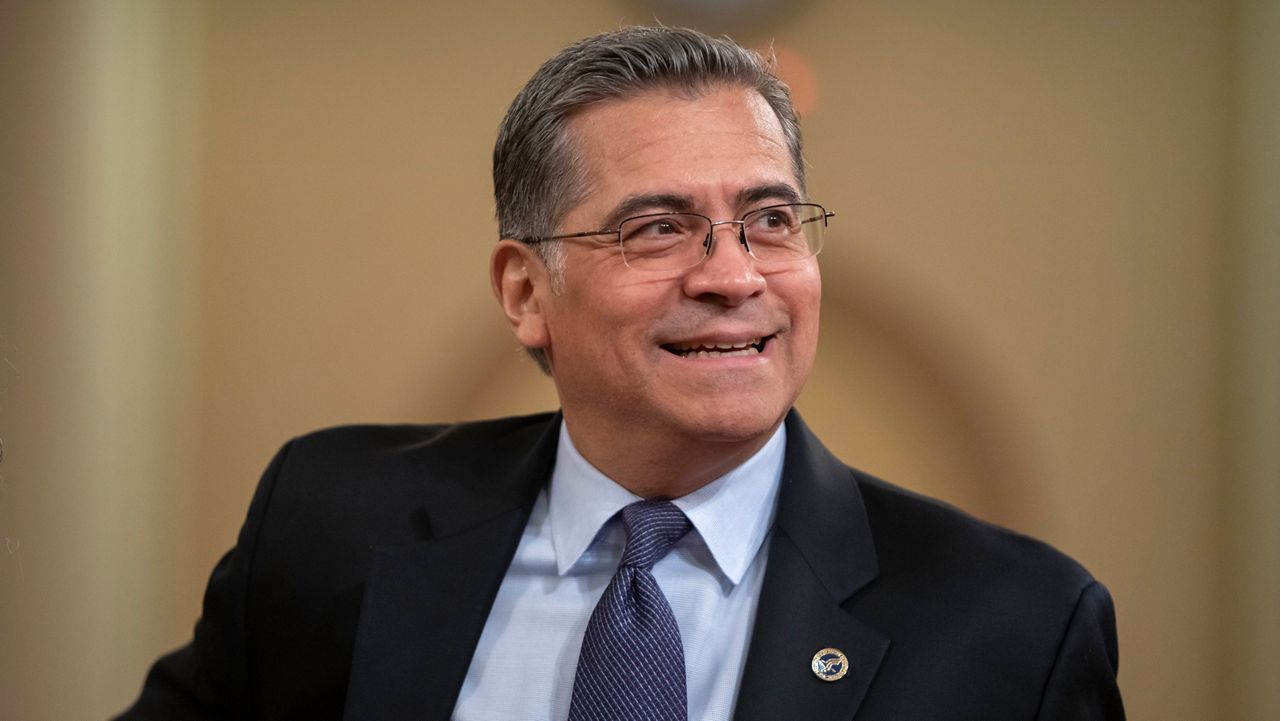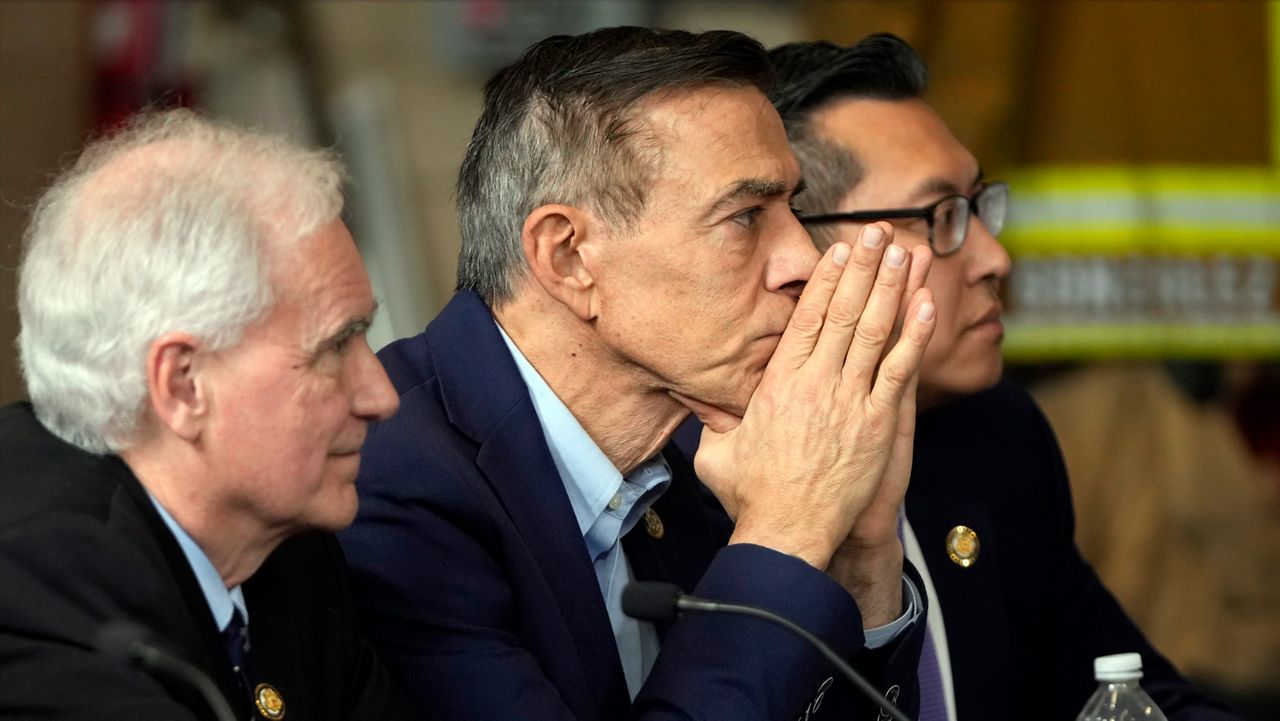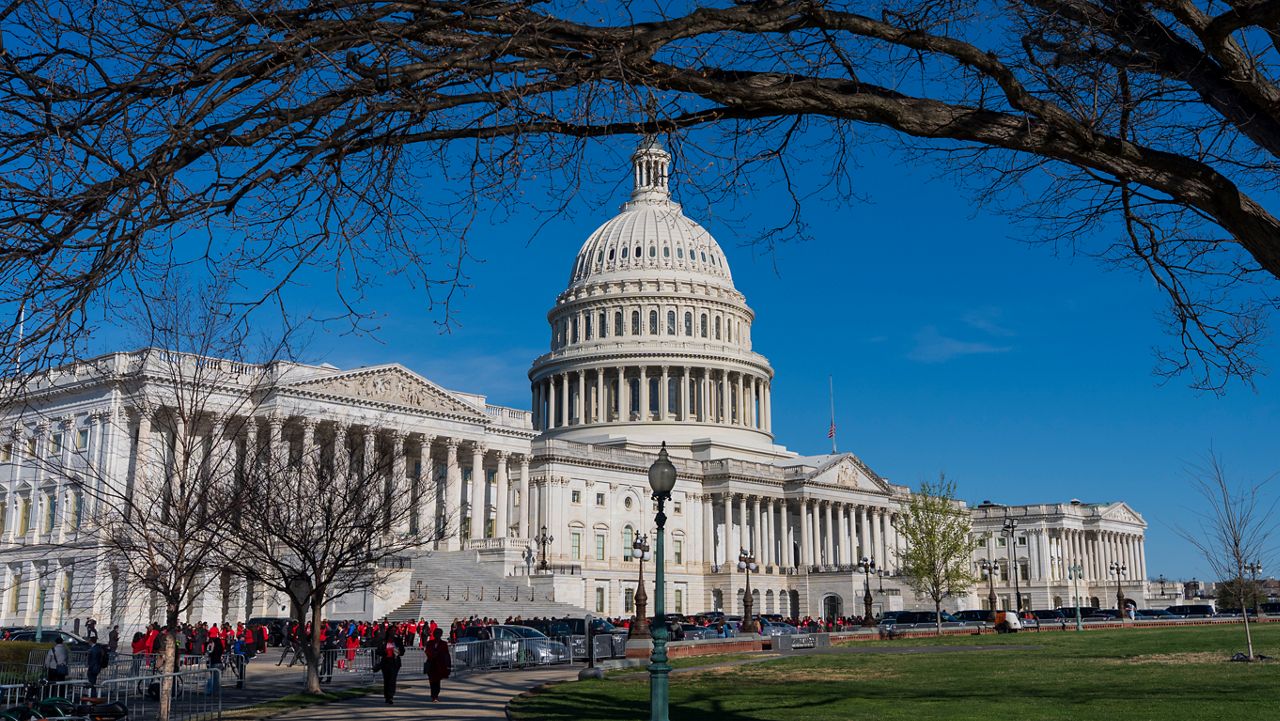Two cases of the COVID-19 variant first identified in South Africa were discovered in South Carolina, the first time the variant has been detected in the United States.
"The arrival of the SARS-CoV-2 variant in our state is an important reminder to all South Carolinians that the fight against this deadly virus is far from over," Dr. Brannon Traxler, the Interim Public Health Director of the South Carolina Department of Health and Environmental Control, said in a statement. "While more COVID-19 vaccines are on the way, supplies are still limited. Every one of us must recommit to the fight by recognizing that we are all on the front lines now. We are all in this together."
According to the South Carolina DHEC, both cases are adults, with one in the Peedee region and the other in the Lowcountry; neither individual has any history of travel, and both cases are unrelated.
Out of privacy, the DHEC did not release any further information about the individuals.
"That’s frightening," because it means there could be more undetected cases within the state, Dr. Krutika Kuppalli, an infectious diseases physician at the Medical University of South Carolina in Charleston, told the Associated Press. "It’s probably more widespread."
The variant has been identified in over 30 countries, but these are the first known cases in the United States. Viruses frequently mutate, and the variants discovered in the United Kingdom, South Africa, and other places worldwide have seemingly mutated independently from one another.
"We know that viruses mutate to live and live to mutate," Dr. Traxler said. "That’s why it’s critical that we all continue to do our part by taking small actions that make a big difference. These include wearing our masks, staying at least six feet apart from others, avoiding large crowds, washing our hands, getting tested often, and when we can, getting vaccinated. These are the best tools for preventing the spread of the virus, no matter the strain."
Other variants first reported in the United Kingdom and Brazil were previously confirmed in the U.S. Researchers believe these three variants may spread more easily, and predicted it was only a matter of time before they appeared here.
Also, scientists last week reported preliminary but troubling signs that some of the recent mutations may modestly curb the effectiveness of two current vaccines, although they stressed that the shots still protect against the disease. And there are signs that some of the new mutations may undermine tests for the virus and reduce the effectiveness of certain treatments.
The coronavirus has already sickened millions and killed more than 429,000 people in the United States, according to data from Johns Hopkins University.
While some European countries do extensive genetic testing to detect these variants, the U.S. has done very little of this detective work. But scientists have been been quickly trying to do more, and they’re spotting these apparently more contagious variants as they do.
The U.S. Centers for Disease Control and Prevention has reported at least 315 cases of the U.K.-discovered variant in the United States. Those reports have come from at least 28 states, and health officials believe it could become the dominant strain in the U.S. by March. That variant has been reported in at least 70 countries.
The first U.S. case of the variant found in Brazil was announced earlier this week by health officials in Minnesota in a person who recently traveled to the country. That variant of the virus has popped up in more than a half-dozen countries.
The variant first found in South Africa was detected in October. It since then has been found in at least 30 other countries.
Some tests suggest the variants identified in South Africa and Brazil may be less susceptible to antibody drugs or antibody-rich blood from COVID-19 survivors, both of which help people fight off the virus.
Health officials also worry that if the virus changes enough, people might get COVID-19 a second time.
President Joe Biden on Monday reinstated COVID-19 travel restrictions on most non-U.S. travelers from Brazil, the U.K., and South Africa. And the Centers for Disease Control and Prevention is recommending that Americans do not travel at this time.
The Associated Press contributed to this report.








